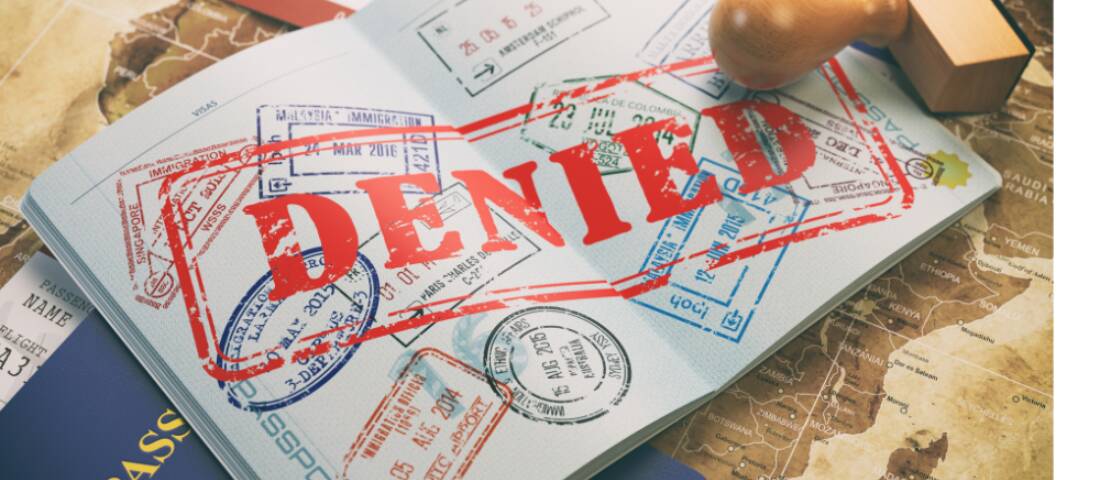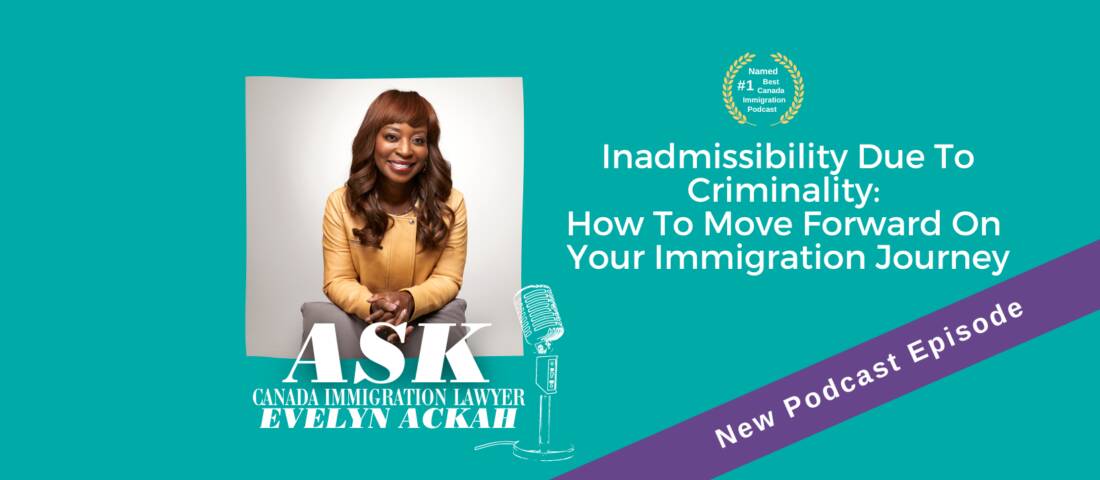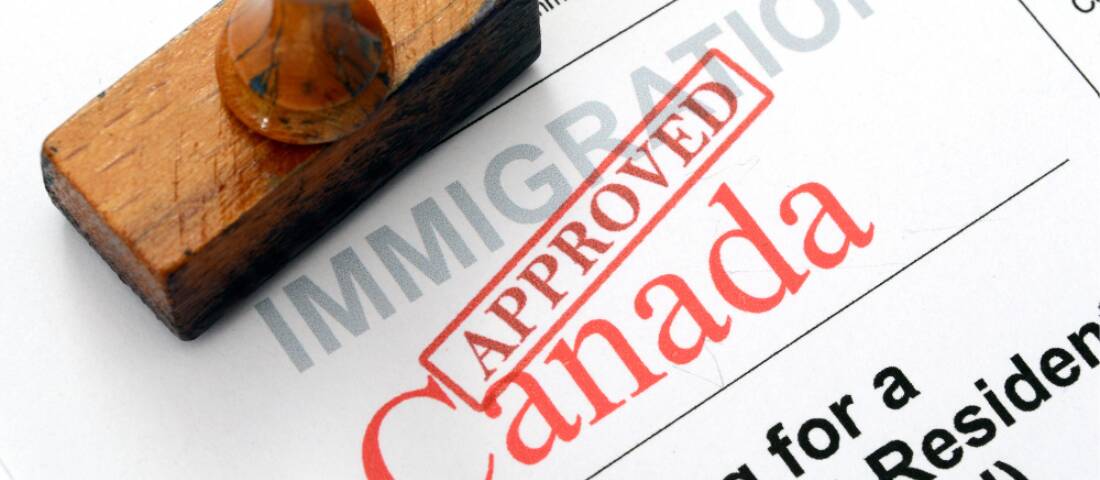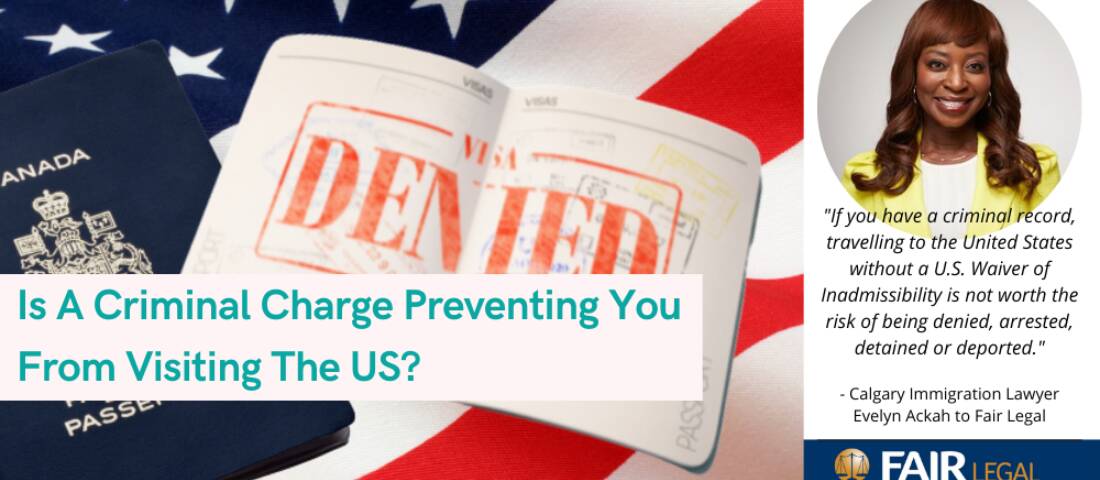Regardless of how much time has passed since the offence, if you have a Criminal Record from Canada you could encounter problems when trying to enter the United States. This is the case even if the offence was relatively minor and even if you have received a Canadian Pardon.
Canada and United States share information concerning national security and policing. This means that when you are examined at an American Port of Entry, the officer can access to your criminal history, regardless of whether you are questioned about it or disclose it.
Legally speaking, under the Immigration and Nationality Act [“INA”] 8 U.S.C 1182 § 212, a person is only inadmissible for convictions of certain serious crimes, however the United States and Canada have different standards for what they consider to be serious. While in Canada a foreign national can be found inadmissible for a drunk driving offence not considered to be serious in the United States, in the United States convictions related to the possession or trafficking of a controlled substance - such as marijuana - and crimes which are deemed to involve “moral turpitude” can lead to exclusion.
Additionally, the United States and Canada do not recognize each other’s pardon or expungement policies so you may still find yourself barred from entering the United States even for an offence for which you received a pardon or conditional discharge.
Practically speaking, American Customs and Border Protection Officers have broad discretionary powers and if you present yourself at the border with a criminal record, regardless of the nature of the crime you committed, you may be refused entry and asked to submit a Waiver of Inadmissibility Application to the Department of Homeland Security before attempting to travel again.
A Waiver of Inadmissibility can be issued for a time frame of one, two or five years depending on a number of factors, which include: the justification for requiring the waiver, the seriousness of the crimes that resulted in the inadmissibility and the amount of time that has passed since the conviction(s) occurred, etc. Where a Waiver is granted, a person can visit the United States multiple times during its duration, however, if a planned stay exceeds more than three months at one time, additional forms may need to be completed and submitted with the application.
The process of applying for a Waiver of Inadmissibility is time and labour intensive. Details on the application process can be found at by looking at the U.S. Citizenship and Immigration Services’ website under the headings “I-192 Applications for Advanced Permission to Enter as a Non-Immigrant”, “I-601, Application for Waiver of Grounds of Inadmissibility” and “I-212, Application for Permission to Reapply for Admission into the United States After Deportation or Removal”. The application process can take up to a year and there is an application fee of $930.00 U.S.D attached to each application regardless of whether or not you are successful.
As within the Canadian immigration system, the standards that such applications are held to is extremely high and an incorrectly completed form or missing document could result in an entire application being rejected. For this reason, you should seek the assistance of a qualified U.S. immigration attorney to assist you through the application process.








